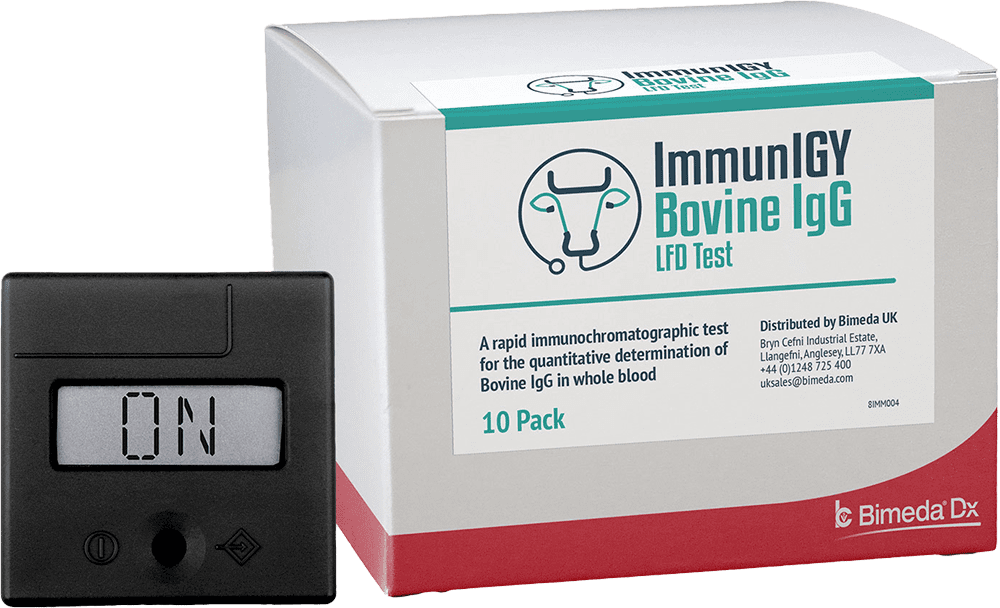Colostrum is critical for newborn calves as it contains the antibodies (IgG) which it requires for protection from infectious disease as well as hormones, growth factors and energy which are integral to rumen development and lifelong productivity.
If a calf does not receive sufficient, high-quality colostrum in the correct time frame, it will not receive enough antibodies to protect it from infectious disease. This is known as ‘Failure of Passive Transfer’ or ‘Partial Passive Transfer’.
Are you affected?
Beef sucklers
One study reported that 1 in 7 calves sampled had Failure of Passive Transfer (i.e. had not received any colostral antibodies) whilst 1 in 3 calves had Partial Passive Transfer (i.e. had not received enough colostral antibodies.)1
Dairy
47% of farms sampled had an FPT prevalence amongst calves of 20% or higher2
Colostrum Quality
Even if the correct volume of colostrum is delivered in the correct timeframe, if the quality is poor, the calf will be at risk of failure of passive transfer. We know that currently:
- Only 15% of farms assess colostrum quality prior to administration3
- 61% of colostrum samples failed in terms of industry quality thresholds4
To overcome this, the quality of colostrum should always be checked prior to administration. A simple and cheap piece of equipment, the Brix Refractometer, can be used to assess colostrum quality. It should be calibrated prior to use and should display a reading of 22%+ to be suitable for use. For further guidance on testing colostrum quality, check out this helpful guide from AHDB
Getting It Right
- At least 3 litres of colostrum should be fed within the first 2 hours of life.
- It should be fed at body temperature of 38°C
- Calves which are left to suckle are 2.4 times more likely to receive insufficient antibodies5 and so bottle or tube feeding are preferrable.
For further information about colostrum management, ask your vet or animal health advisor and visit the following websites:
Footnotes
[1] Prevalence of and risk factors for Failure of Passive Transfer (FPT) in English suckler herds, 2019
[2] Haggerty, Alexandra (2022) Failure of passive transfer and colostrum quality in Scottish dairy calves. MVM(R) thesis.
[3] J. Barry, E.A.M. Bokkers, D.P. Berry, I.J.M. de Boer, J. McClure, E. Kennedy, Associations between colostrum management, passive immunity, calf-related hygiene practices, and rates of mortality in preweaning dairy calves, Journal of Dairy Science, Volume 102, Issue 11, 2019
[4] Haggerty, Alexandra (2022) Failure of passive transfer and colostrum quality in Scottish dairy calves. MVM(R) thesis.
[5] AHDB, 3 Qs of feeding colostrum

